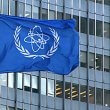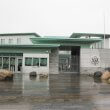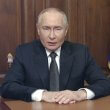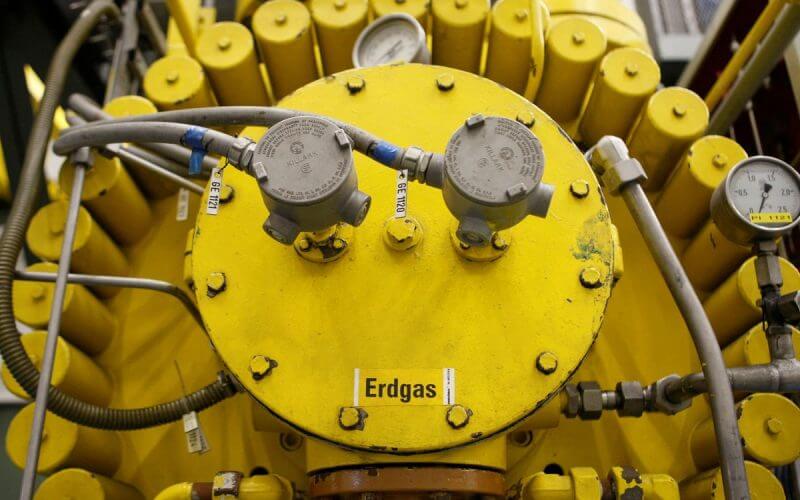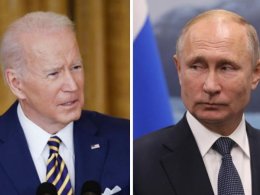FRANKFURT/LONDON, March 24 (Reuters) - German utilities on Thursday said their country needed an early warning system to tackle gas shortages, a day after Russia ordered the switch of contract payments to roubles, raising the risk of a supply squeeze and even higher prices.
President Vladimir Putin's rouble payment demand, which IEA Executive Director Fatih Birol called a "security threat," added to market nervousness and called into question Russia's historic claim it is a reliable gas supplier regardless of geopolitics.
Putin announced this demand on Wednesday, in the wake of the United States and European allies teaming up on a series of sanctions aimed at Russia after that nation's invasion Ukraine last month. read more
Europe's energy sector is already witnessing supply concerns and the benchmark price for German gas delivery next year is up 8% since Putin's remarks, after already quadrupling over the last 12 months.
For more than 50 years, even during the Cold War, Moscow has ensured supply to Germany, the biggest consumer of Russian gas. Russia's main gas exporter, Gazprom (GAZP.MM), has more than 40 long-term agreements with European counterparties. read more
But on Thursday, Germany's utilities association BDEW, which counts Gazprom customers RWE (RWEG.DE) and EnBW's (EBKG.DE) VNG (VNG.UL) as members, urged the government to devise an early warning system in case Russia stops supplies.
"There are concrete and serious indications that the gas supply situation is about to deteriorate," BDEW President Kerstin Andreae said, citing Russian's demand for "unfriendly" countries, which include Germany, to pay for gas in roubles. read more
BDEW said the national energy regulator, the Bundesnetzagentur, needs to set criteria by which industries and sectors would continue to receive supply, while household customers are protected under existing regulations.
German economy minister Robert Habeck said there was no need for an early warning mechanism and that supply was guaranteed, but added the situation needed to be monitored closely.



